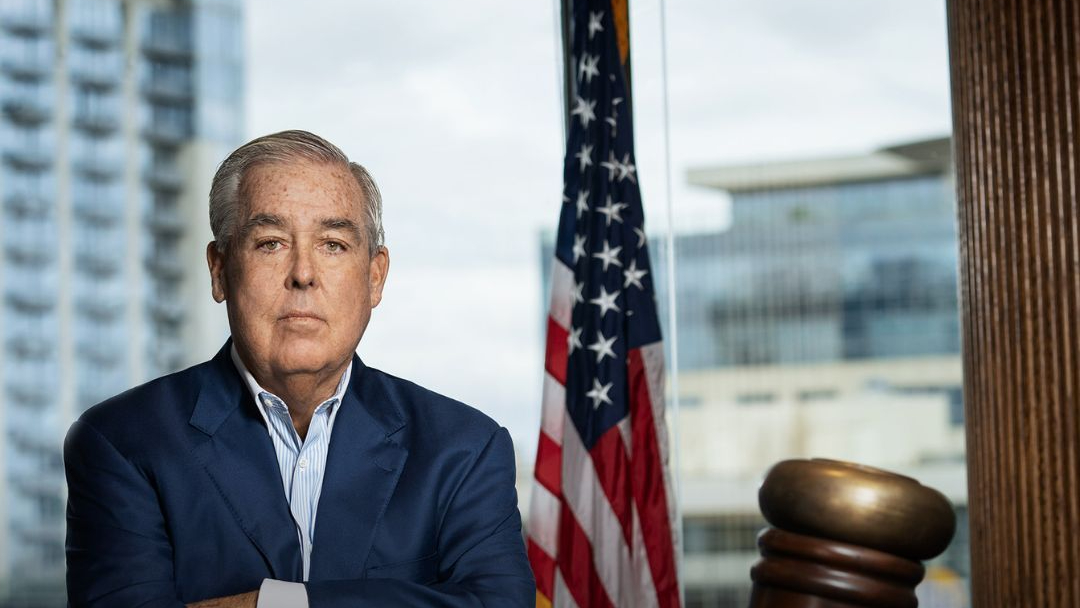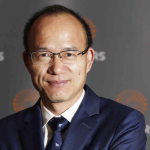John Morgan: A Billionaire’s Candid Lens on Wealth, Power, and Purpose in America
In an era of intense scrutiny over vast fortunes and political influence, John Morgan, the renowned billionaire attorney and philanthropist, offers a remarkably candid glimpse into the complex intersections of wealth, politics, healthcare, and social ethics. In a wide-ranging and unfiltered conversation featured on Jubilee’s YouTube series — a platform known for hosting raw and thought-provoking discussions — Morgan reflects on his life, values, and controversial choices. Known for building America's largest personal injury law empire, Morgan’s reflections reveal a man deeply shaped by personal tragedy and economic hardship, yet fiercely committed to using his considerable influence to address systemic injustices. Through his nuanced views, Morgan confronts the contradictions and challenges that come with being a wealthy entrepreneur in today’s social and political landscape.
What Does Wealth and Responsibility Mean to a Billionaire?
Morgan openly acknowledges the vast economic divide that exists between billionaires and everyday Americans. He stresses that wealth, while empowering, brings with it a profound responsibility to care for others—especially those who are vulnerable. His own difficult childhood, marked by alcoholism and insecurity, profoundly informs his compassion. "Whenever I see someone homeless, I tell my children, 'They don’t want to be there,'" he explains, urging a nonjudgmental approach toward those facing hardship. Despite his billionaire status, Morgan rejects the stereotype of the detached, uncaring rich person. Instead, he sees himself as a champion for the underdog, using his legal expertise to fight powerful insurance companies that deny rightful claims to injured clients. His commitment extends beyond his legal work; he and his wife, Ultima Ann Degnan, have been major donors to Boys Town Orlando and Annunciation Catholic Academy in Altamonte Springs, and in 2013, they donated $2 million to the Second Harvest Food Bank of Central Florida. "I sleep very well with what I do,” Morgan affirms. “I am the civil police representing people who cannot have a voice.”
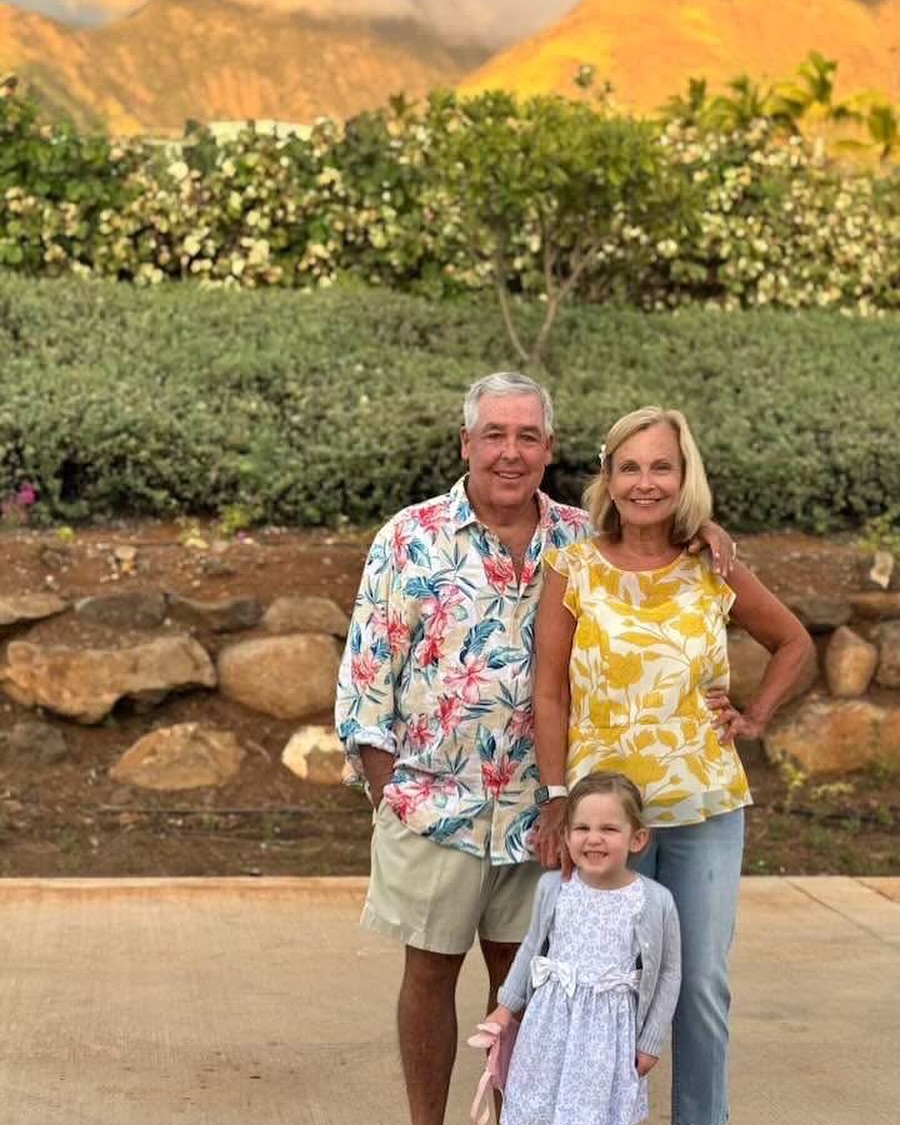
How Do His Politics Intersect with His Power and Pragmatism?
Morgan’s political views reveal a pragmatic approach rather than strict ideological adherence. A prominent Democratic fundraiser, he has contributed significantly to figures like Bill Clinton, Barack Obama, and even gave $355,000 to Hillary Clinton's 2016 presidential campaign and $355,000 to the Biden Victory Fund in 2020. He particularly appreciates policy efforts aimed at expanding healthcare access, such as Obamacare, even when they come with political costs. He notes, “A lot of people lost their House seats for voting for Obamacare,” yet he remains “all ears” for any reform that improves medicine and treatment availability. He also highlights the paradox of American healthcare costs, where patients rarely question prices despite massive inconsistencies and overcharges, leading to a system mired in conflict. Morgan’s firm, Morgan & Morgan, often finds itself at the intersection of tort reform debates, where his pragmatic views frequently aim to shape public discourse for the benefit of patients. His clinic, run by his brother-in-law, aims to serve those “lost in the system,” reflecting his commitment to practical solutions beyond rhetoric. Beyond federal politics, Morgan was a key advocate for raising Florida's minimum wage to $15 an hour, leading the successful passage of a constitutional amendment in 2020.
What Are His Nuanced Views on Marijuana Legalization?
Morgan’s stance on marijuana reflects the complexity of balancing personal values with public policy. He wholeheartedly supports medical marijuana, viewing it as a safer alternative to opioids and other pharmaceuticals that tragically impacted his paralyzed brother. “Would I rather have my brother taking marijuana gummy or opioids, fentanyl? It’s a no-brainer,” he asserts. Indeed, he bankrolled Florida's medical marijuana initiative in 2016, contributing over $15 million and organizing the "United for Care" campaign.
At the same time, Morgan is personally wary of marijuana’s impact on youth, citing his son’s struggles with drug tests and the concern that “marijuana use at an early age fries the mind.” This personal experience fueled his decision to remove a young family acquaintance from his home, due to concerns about criminal behavior and negative influences related to substance use. Despite these personal reservations, Morgan champions full legalization, seeing significant economic benefits in terms of tax revenue and job creation. State economists, for instance, estimate legalization in Florida could generate between $195.6 million and $431.3 million in annual sales tax revenue, with additional revenue from tourism. He also views legalization as a critical step toward addressing historical social injustices and disproportionate incarceration rates tied to cannabis prohibition. He admits the tension many billionaires face: supportive of broad access yet protective of their immediate families. This “not in my backyard” dynamic is a recurring theme in debates about legalization and social acceptance.
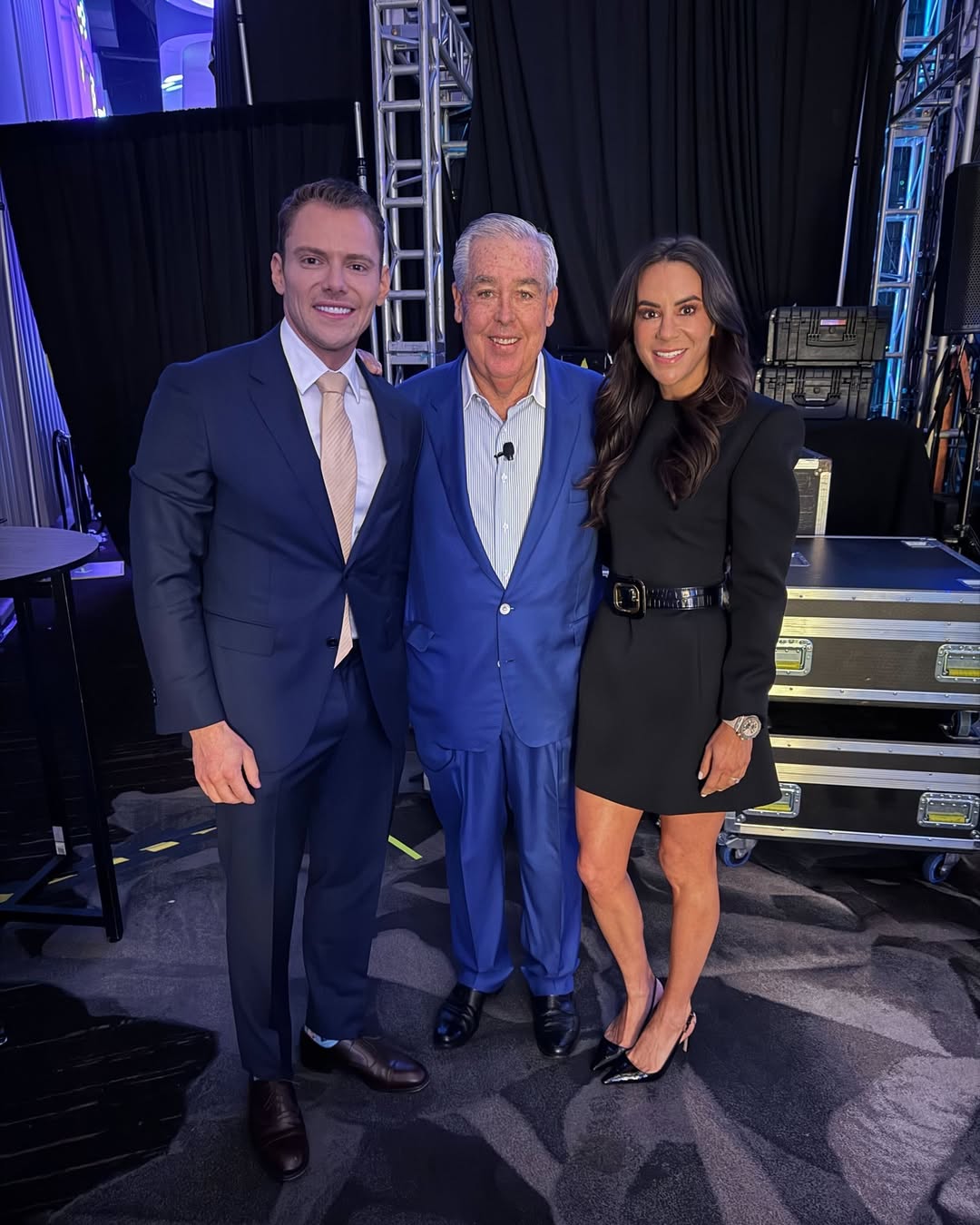
Are There Ethical Concerns About Profiting from Personal Injury Law?
Morgan confronts head-on the ethical questions around profiting from others’ misfortune, a common criticism leveled at personal injury law firms for their contingent fees. His personal injury law firm operates on contingency, representing clients who cannot afford hourly legal fees while fighting insurance companies that aim to “deny, delay, and defend.” He draws a sharp contrast between his ethical mission and the practices of insurance companies, describing his work as “almost like a ministry.” His motivation is deeply personal—his brother’s paralysis showed him the “hopeless, powerless, helpless” side of injury and injustice, where his family was left with too little to cover care.
Through scaling his firm nationally (now with over 1,000 attorneys across all 50 U.S. states), Morgan has built a highly lucrative business, recovering $1.5 billion in settlements in 2018 alone and spending $130 million nationwide on advertising. Yet, he maintains that profit is a byproduct of his role as an advocate. “The only thing between people and a fair shake from insurance is what we do — take them to trial,” he explains. His pride in fighting for clients’ rights reflects his belief that ethical capitalism is possible and necessary, even when facing criticisms of high advertising spend or the perceived costs of litigation on insurance premiums.
How Does Compassion Drive His Success and Outlook?
John Morgan’s reflections consistently emphasize that compassion is not inherent to wealth or profession but shaped by personal experience. His difficult upbringing cultivated a deep empathy for those struggling in life’s margins. This empathy translates into how he treats clients—"I see my brother, I see my family” in every person who sits in his firm’s lobby. He challenges the common judgment placed on vulnerable populations, urging society to recognize the unseen stories behind homelessness and addiction. For Morgan, true success includes lifting others up and using privilege as a tool for justice. His approach offers a powerful lesson for leaders: genuine empathy, forged through personal experience, can be a cornerstone of both ethical practice and sustained success.
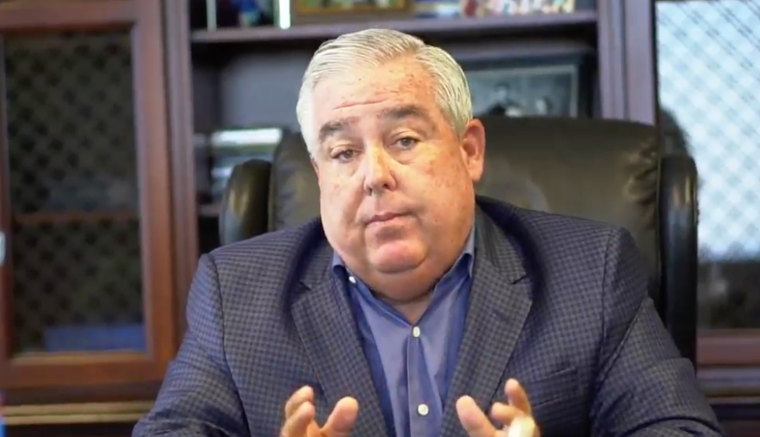
Conclusion
John Morgan embodies the contradictions and challenges of modern billionaires who straddle profit, politics, and ethics. His personal journey—from hardship to vast wealth—fuels a commitment to social responsibility that complicates simple narratives of the rich as disconnected or purely self-interested. By openly discussing marijuana, healthcare, and legal ethics, Morgan invites a broader conversation about how wealth and power can be wielded with conscience and care. As society grapples with deepening inequalities and the immense power of wealth, Morgan's voice challenges us to consider not just how fortunes are made, but how they are leveraged for a more equitable future.
Related: Mackenzie Scott's Monumental Donations: A Legacy of Philanthropy
Related: Laurene Powell Jobs: The Visionary Entrepreneur and Philanthropist



